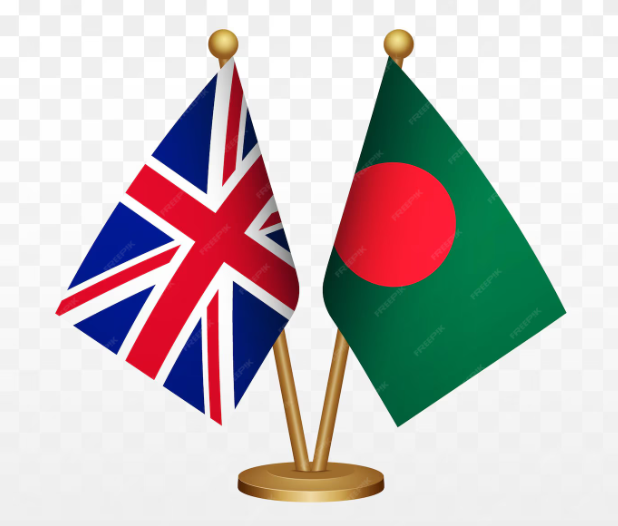The United Kingdom has officially confirmed that Bangladeshi products will continue to enjoy duty-free access under its updated Developing Countries Trading Scheme (DCTS), providing critical trade continuity as Bangladesh prepares to graduate from least developed country (LDC) status.
According to the UK government, the DCTS ensures that 99.8% of Bangladeshi exports remain duty- and quota-free until 2029. Beyond that, the scheme will retain zero tariffs on 92% of tariff lines, including key sectors such as ready-made garments, textiles, footwear, and electronics.
This commitment is part of the UK’s wider post-Brexit trade policy to support economic growth in developing countries through simplified, transparent, and generous trading terms. The scheme introduces streamlined rules of origin, reduced administrative barriers, and stable market access designed to foster long-term trade partnerships.
A statement from the UK Department for Business and Trade highlighted that the DCTS will make it easier for developing countries to export to the UK by “cutting red tape, simplifying origin rules, and increasing the range of products eligible for tariff reductions.” Bangladesh stands to be one of the main beneficiaries under this framework.
The UK government has also pledged technical assistance and trade facilitation support to ensure that exporters in countries like Bangladesh are able to meet compliance benchmarks tied to environmental sustainability, labour rights, and good governance. These standards will be critical for retaining preferential access beyond 2029.
The continuation of duty-free access is a major boost for Bangladesh’s export sector, particularly the ready-made garments industry, which accounts for the lion’s share of exports to the UK. With global supply chains under pressure and competition increasing, the assurance of zero-duty entry into the British market provides much-needed predictability for Bangladeshi manufacturers.
In addition to garments, Bangladesh’s exports of jute goods, frozen foods, leather products, ceramics, and light engineering items are also expected to benefit under the reformed scheme.
As Bangladesh moves closer to graduating from LDC status, the UK’s commitment ensures a stable and supportive trade relationship during the transition period and beyond. The DCTS positions Bangladesh to remain competitive in one of its largest non-EU export destinations, while aligning trade benefits with shared values of sustainable development and fair economic participation.


